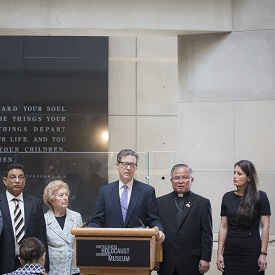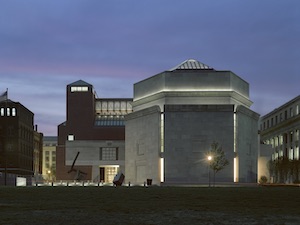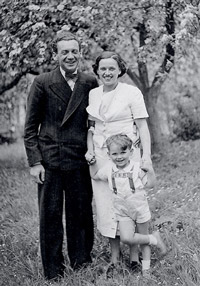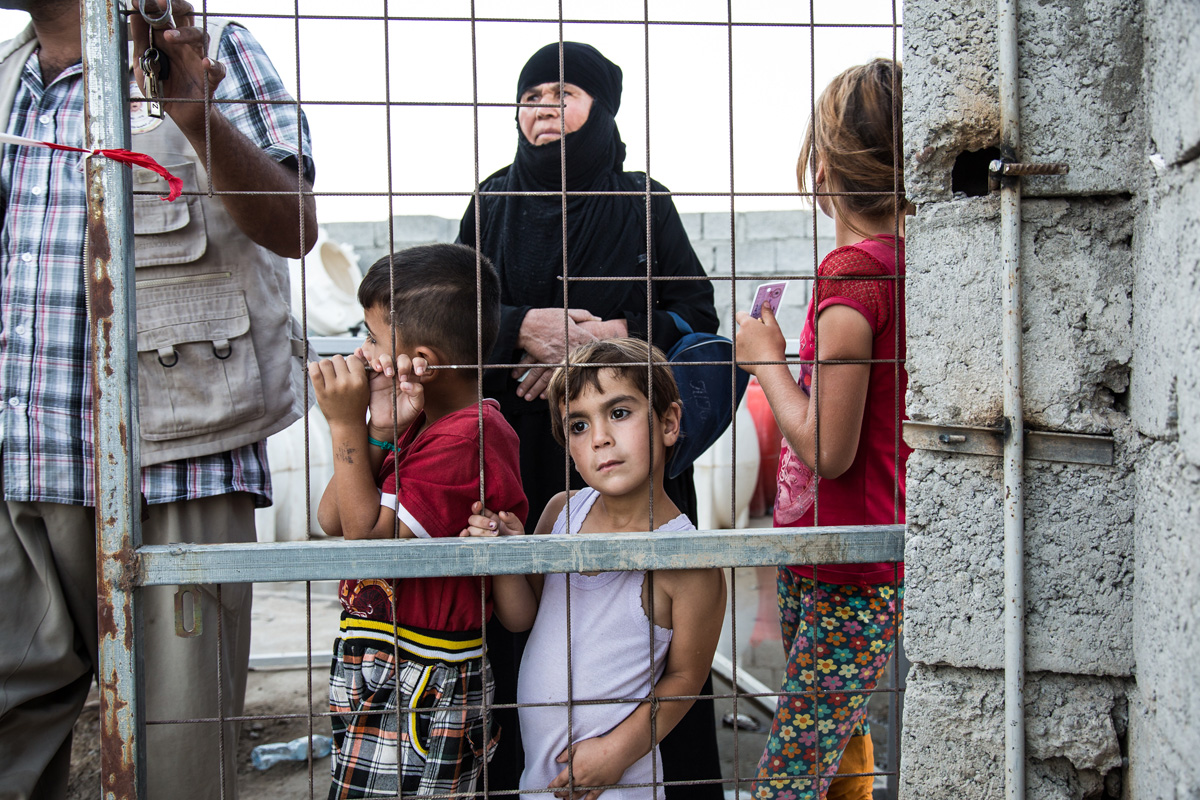Blog Home > holocaust
-

Holocaust Survivor Al Munzer Delivers Remarks at Program Spotlighting China’s Persecution of Uyghurs
March 9, 2020
Holocaust survivor and Museum volunteer Alfred Münzer speaks at a Museum event calling attention to the crimes China is committing against the Uyghurs and other Muslim minorities.
-

Religious Freedom Promotion as a Tool for Atrocity Prevention
August 9, 2018
From July 24-26, the US Department of State hosted the first-ever Ministerial to Advance International Religious Freedom. The Museum's Simon-Skjodt Center for the Prevention of Genocide participated in a panel discussion and the Museum hosted opening and closing events. This post explores the nexus between international religious freedom and atrocity prevention.
-

Museum Honors Aung San Suu Kyi with Elie Wiesel Award
April 19, 2012
The US Holocaust Memorial Museum revoked Aung San Suu Kyi's Elie Wiesel Award on March 6, 2018. Read the Museum's letter to her about that decision. Learn more about the Museum's work on Burma.
On Wednesday evening, the U.S. Holocaust Memorial Museum presented the Elie Wiesel Award to Aung San Suu Kyi at its annual National Tribute Dinner. Established in 2011, the award is named in honor of its inaugural recipient, Nobel Peace laureate and Museum Founding Chairman Elie Wiesel. It is given annually to an internationally prominent individual whose actions have advanced the Museum’s vision of a world where people confront hatred, prevent genocide, and promote human dignity.
-

What I’ve Learned: Tom Buergenthal’s Lucky Childhood
October 14, 2011
Thomas Buergenthal, a Holocaust survivor and the American judge on the International Court of Justice in The Hague from 2000 to 2010, recently sat down with Michael Abramowitz, Director of the Museum’s Committee on Conscience, for an interview.
-

Living on the Fringes: Roma in Europe Today
January 14, 2010
On Februrary 23, 2009, Robert Csorba and his four-year-old son Robert, Jr. were shot dead as they ran from their burning home that had been firebombed in Tatárszentgyörgy, Hungary. The attack became the latest in a series that involved Molotov cocktails to set ablaze houses that belonged to Romani families. According to Human Rights First, these attacks "reveal a widespread pattern of violence that is often directed both at causing immediate harm to Roma -- without distinction between adults, the elderly, and small children -- and physically eradicating the presence of Roma in towns and cities in several European countries."


